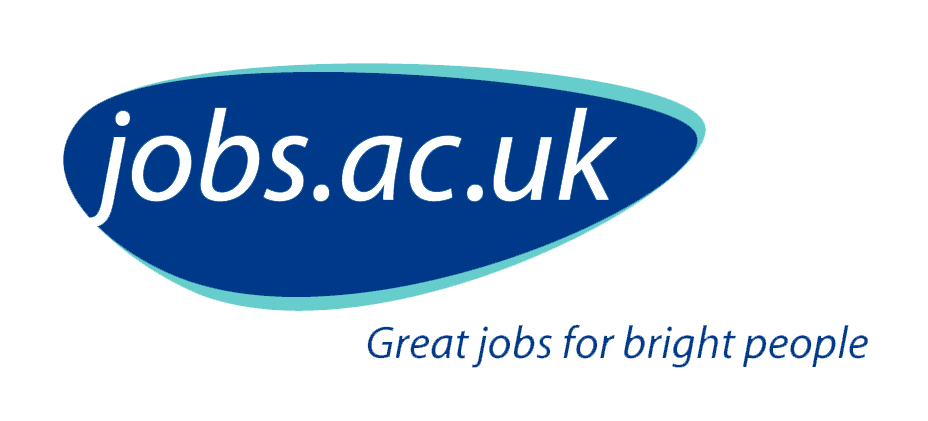[ad_1] Location: University Park This is a 3-year project funded by Children with Cancer UK, aiming to establish tumour microenvironme
[ad_1]
Location: University Park
This is a 3-year project funded by Children with Cancer UK, aiming to establish tumour microenvironment models of paediatric brain tumours. Paediatric brain tumours remain the leading cause of cancer related death in childhood. Intensive molecular research has led to their classification into clinically relevant subgroups. There remains, however, a significant gap between our molecular understanding and our ability to rationally target and inhibit tumour growth. A major reason for this is our inability to model tumour growth and behaviour out-with the patient accurately.
In order to develop clinically relevant tailored models of paediatric brain tumours, this project has three key aims. Firstly, self-assembling peptide amphiphiles (PAs) will be co-assembled with selected extracellular matrix (ECM) and immune cells (Immuno) into tumour subgroup specific PA-ECM-Immuno models. Secondly, spatial transcriptomics and multiplex immunohistochemistry will be used to determine interactions between tumour cells and their microenvironment that drive tumour progression. Finally, putative pathways driving tumour progression will be inhibited and efficacy/toxicity compared to standard of care treatment. Our overall aim being to address our poor understanding of the interplay between brain tumour cells and their microenvironment and how this influences therapeutic response.
The researcher will be based in the Biodiscovery Institute (https://www.nottingham.ac.uk/research/research-areas/biodiscovery-institute/biodiscovery-institute.aspx) with access to a range of state of the art facilities as well as close interactions with all of the co-applicants and their research groups. Leading the team is Dr Beth Coyle, a long-term member of the Nottingham Children’s Brain Tumour Research Centre. The wider team includes experts in generating the matrices needed to study 3D tumour growth accurately (Professor Alvaro Mata; https://doi.org/10.1038/s41467-021-25921-9; https://doi.org/10.1093/rb/rbac009 ), in studying the interaction of tumours with the immune system (Dr Andrew Jackson and Dr Judith Ramage), hypoxia (Dr Alan McIntyre) and in understanding how drugs target cellular pathways in tumours (Dr Kerr and Dr Fets). The team is completed by a paediatric oncology clinician (Dr Tim Ritzmann) and a neuropathologist (Mr Simon Paine) whose expertise at the interface between the clinical bedside and the laboratory bench will contribute greatly to ensuring the models we make are excellent mimics of the patient’s brain tumour.
We are an interdisciplinary team who foster a team science approach to our research. As well as the exciting scientific aims of the project we are seeking to help and support the career progression of early-career scientists. The post holder will be expected to undertake independent research as well as working as part of a multidisciplinary team. They will also be responsible for writing up and presenting their work in order to contribute to scientific meetings and published outcomes. The candidate should enjoy teamwork and have excellent communication skills as well as the ability to work across different biomedical research areas.
This post is available on a fixed term basis for a period of 3 years. Hours of work are full time (36.25 hours).
Informal enquiries may be addressed to Dr Beth Coyle, email: Beth.Coyle@nottingham.ac.uk. Please note that applications sent directly to this email address will not be accepted.
[ad_2]
Source link



COMMENTS